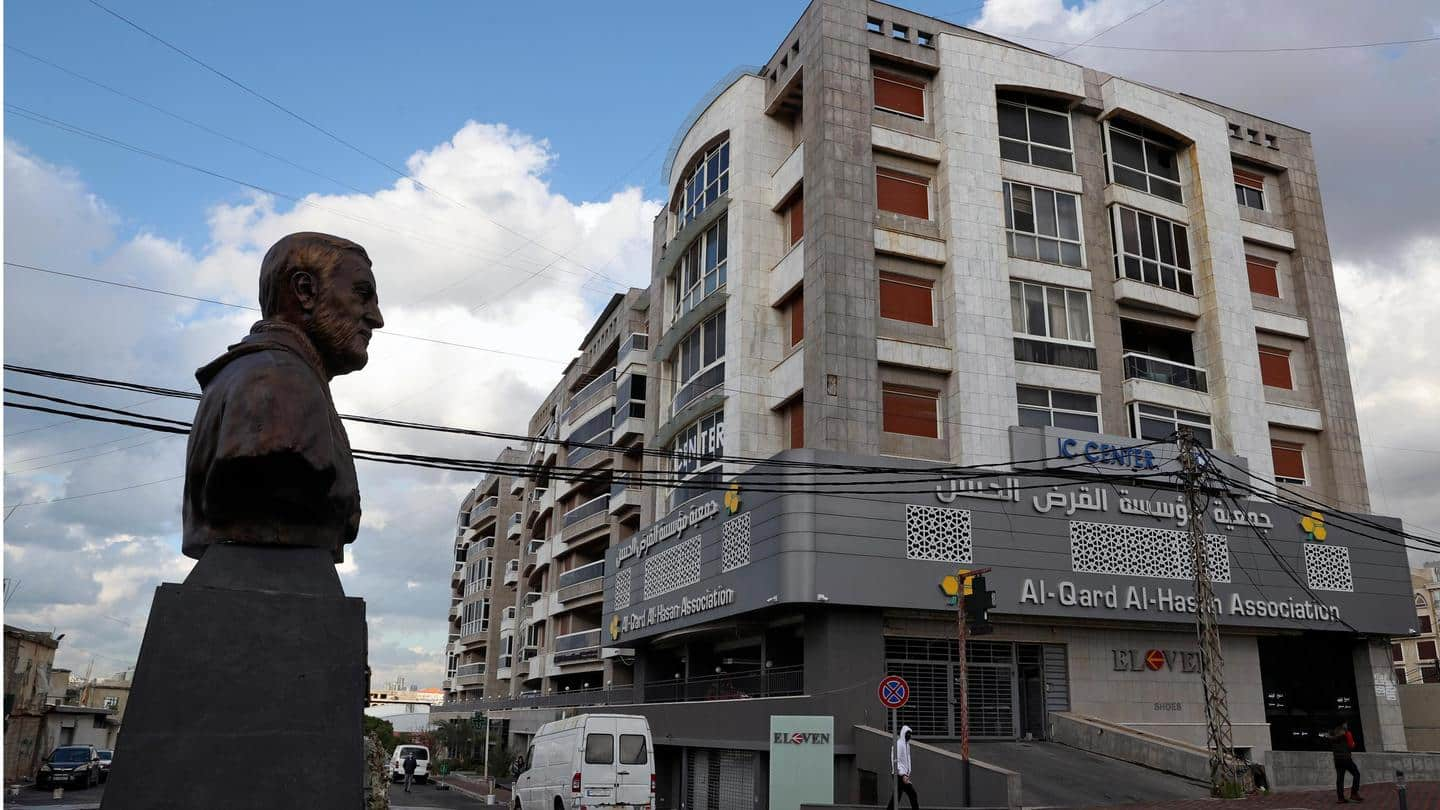
Class-action lawsuit: French Police discriminate in checks
What's the story
In a first for France, six non-governmental organizations launched a class-action lawsuit on Wednesday against the French Government for alleged systemic discrimination by police officers carrying out identity checks. The organizations, including Human Rights Watch and Amnesty International, contend that French Police use racial profiling in ID checks, targeting Black people and people of Arab descent.
Demands and notices
Formal legal notice of demands are being served
Organizations are serving Prime Minister Jean Castex and France's Interior and Justice Ministers with formal legal notice of demands for concrete steps and deep law enforcement reforms to ensure that racial profiling does not determine who gets stopped by police. The organizations, which also include the Open Society Justice Initiative, plan to spell out the legal initiative at a news conference in Paris.
Legal technicalities
First class-action discrimination lawsuit based on color or ethnicity
The issue of racial profiling by French Police has been debated for years, including the practice of officers performing identity checks on young people who are often Black or of Arab descent. This is the first class-action discrimination lawsuit based on color or ethnicity in France. The NGOs are employing a little-used 2016 French law that allows associations to take such a legal move.
Information
How is a lawsuit filed in France?
Serving a notice is the obligatory first step in a two-stage lawsuit process. The law gives French authorities four months to talk with the NGOs about meeting their demands. If the parties behind the lawsuit are unsatisfied after that time, the case goes to court.
Further details
NGOs have asked for numerous reforms in the laws
The NGOs are seeking reforms in the law governing identity checks. They argue the law allows for no police accountability because the actions of officers involved cannot be traced, while the stopped individuals are left humiliated. They also want an end to the practice of gauging police performance by number of tickets issued or arrests made, arguing, the benchmark can encourage baseless identity checks.
Quote
The four-month period for reaching a settlement can prolong
"The NGOs are pursuing the lawsuit on behalf of racial minorities, mostly second or third-generation French citizens. The group is brown and black. The four-month period for reaching a settlement can prolong if the talks make progress," said the lawyer, Slim Ben Achour.
He said, she said
Officers feel under attack too: Police representatives
The abuse of identity checks in France is emblematic of broader alleged racism within police ranks, with critics claiming that misconduct has been whitewashed by authorities. President Emmanuel Macron has called racial profiling unbearable. Police representatives say officers feel under attack when they show up in suburban housing projects. During a spate of confrontational incidents, officers became trapped and had fireworks thrown at them.
Appearance
Most of the checks are based on a person's looks
The lawsuit features some 50 witnesses, both police officers and people subjected to abusive checks. The NGOs cite one unnamed person who spoke of undergoing multiple police checks every day for years. A police officer who talked of being subjected to ID checks when in civilian clothes said, "80 percent of the time police do checks based on how a person looks."
Impact
When you are always checked, you become second-class citizen: Capitolin
Omer Mas Capitolin, the head of Community House for Supportive Development, a grassroots NGO taking part in the legal action, called it a mechanical reflex for French Police to stop non-whites. It is damaging to the person being checked and to relations between officers and the public. "When you're always checked, it lowers your self-esteem, and you become a second-class citizen," Capitolin said.
Change
George Floyd case in US was a catalyst for change
Capitolin credited the case of George Floyd, the Black American who died last year in Minneapolis at the hands of a white police officer, as a catalyst for change in France. However, the NGOs made it clear that they are not accusing individual police of being racist because they act within a system that allowed these practices to spread and become installed.